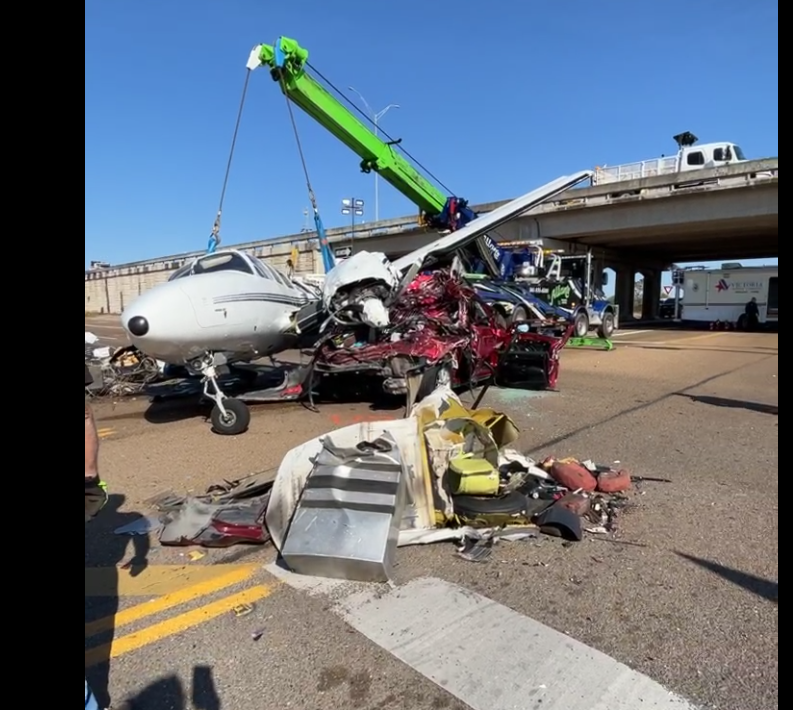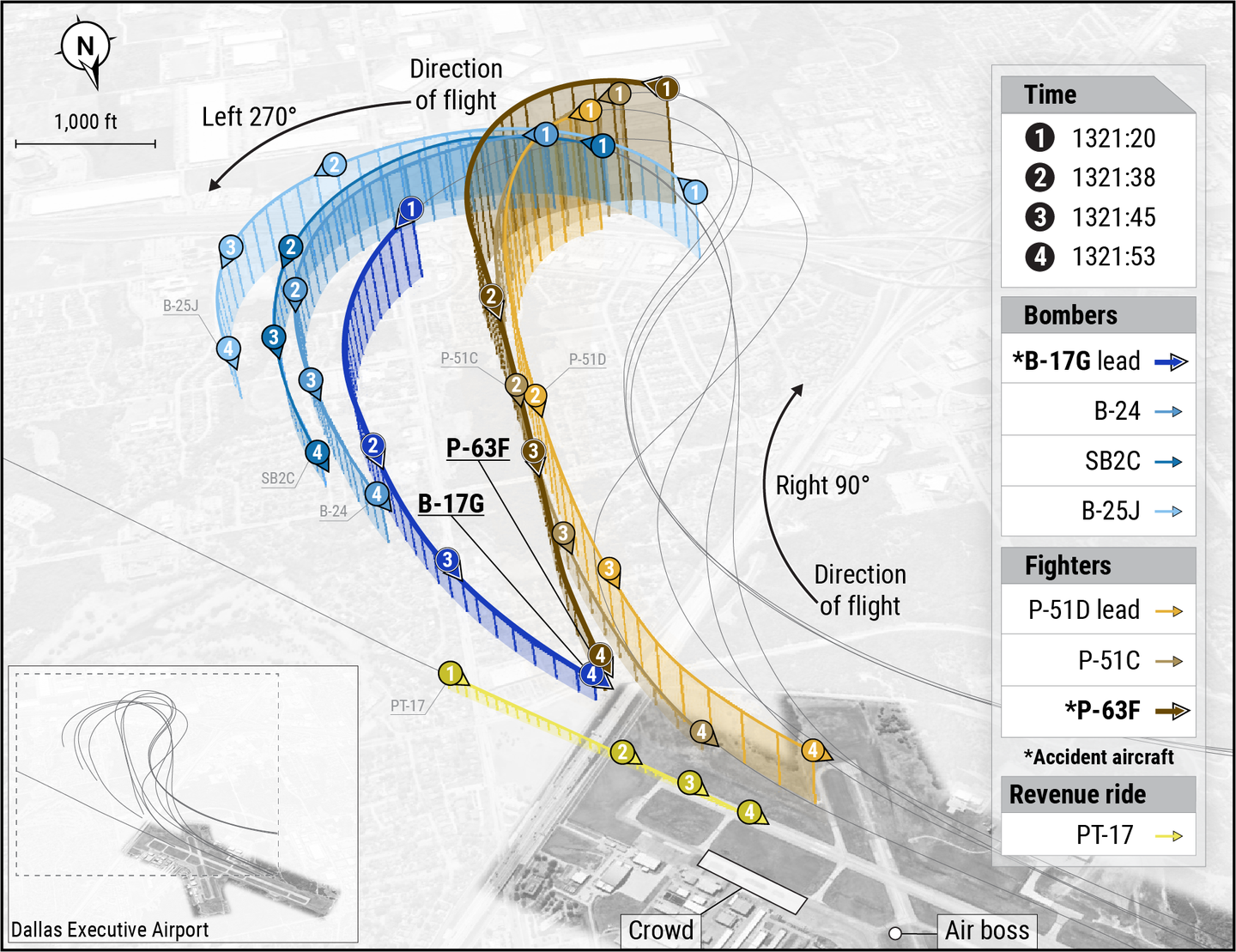Guest Blog: CFI’s Remorse
When a former student dies in an accident, asking what-if is unavoidable.
Let's call him Peter. I was his fifth flight instructor since he started learning to fly nine months earlier. He was attempting to obtain his private license within the 365-day period allowed for registered aliens living in the U.S. When we met, my first question was, "How did you go through so many instructors?" Some of his explanations made sense. One got a right-seat job with a small airline, another quit so he could take care of a relative, and so on. The bottom line was, he was in a hurry, and wanted to fly more often than most instructors could handle.
I mentioned that I could not guarantee he'd pass his checkride within three months, and he was aware that if he didn't, he'd have to reapply for TSA approval to continue his training. I took the challenge.
"Born pilots" are a rare breed. This guy was an excellent stick in spite of his limited hours. His handling of the Cessna 172 was easily as good as mine for takeoffs, landings and pattern work. His VFR navigation was excellent. What he mostly needed was three hours of cross-country, three hours of night flying per the regs, two more hours of instrument time and consistency in the private pilot flight maneuvers.
I talked a friend into helping out with the night flying--I am not a fan of single-engine cross country at night)--and I'd try to get him up to speed on the rest. The only problem I kept running into was a bit of overconfidence on his part. He felt he'd be ready for the checkride as soon as we flew the required hours. As any instructor knows, the student is ready only when they can consistently perform to the Airplane Airman Certification Standards (AACS).
He continued to assume that because he had performed all of the maneuvers properly a few times, we could proceed to the checkout line. I finally said we'd do a "fake" flight test, where I'd be the examiner and he'd be the candidate. We did that, and he "fake flunked." His newfound humility led to more practice and, finally, a recommendation from me.
The examiner was using the techniques of the AACS, which are scenario-based. It began with a conversation about a hypothetical cross country flight. My student was nervous, and stumbled with some very basic concepts. Thankfully, the examiner recognized that he knew his stuff, but thought these were trick questions, and hesitated to offer the obvious answers. That being resolved, the oral exam went on for an hour. And off they went.
I walked to get lunch and returned shortly before they landed. The examiner took me aside and said he passed, but wanted to confirm whether I had instructed him to do a few things he considered odd, but not illegal. He also said that his piloting skills were exceptional.
The new private pilot began showing up at local airports, looking for aviation work hoping to catch a ride in anything that flew. He'd regularly phone me, offering to tag along on any cross-country flights I might be taking and I brought him along when it was practical.
Less than a year after getting his private license, he'd gotten his instrument rating and was working on his multi-engine rating. He lived to fly. His most recent flight was as a passenger with a Pitts S-2A. That flight ended in a fatal crash, killing both aboard.
I have flown with many pilots in a variety of aerobatic airplanes. I've seen (close up) equipment failures, botched maneuvers, precision flight, near-misses. I've been to lots of pilot funerals. I believe I am aware of the risks involved in normal flight; in aerobatic flight; in unfamiliar airplanes. In some cases, I was aware that if the pilot became incapacitated, he would likely not successfully put the airplane down safely.
When I learned of this accident, I had a wave of survivor guilt, coupled with a sense that I had failed in some way. I knew this kid was desperate to be in any airplane, at any time, with any pilot. I have occasionally declined to ride along with pilots who I considered were in over their heads, or whose airplanes struck me as questionably maintained. I was deeply saddened to see this excited, talented, future career aviator vanish as he hunted for and devoured all things aerodynamic.
We're taught that individuals are unique and it's up to us to shape our training to each student's needs. This kid was so in love with aviation that, offered a ride, safety was probably not at the top of his list. Alone, or as PIC, he was exceptionally meticulous. On the day he died, he was a passenger. Could I have sensed that he needed advice on when to say no to a tempting flight? Would that have changed anything? Sadly, those questions will remain unanswered.






